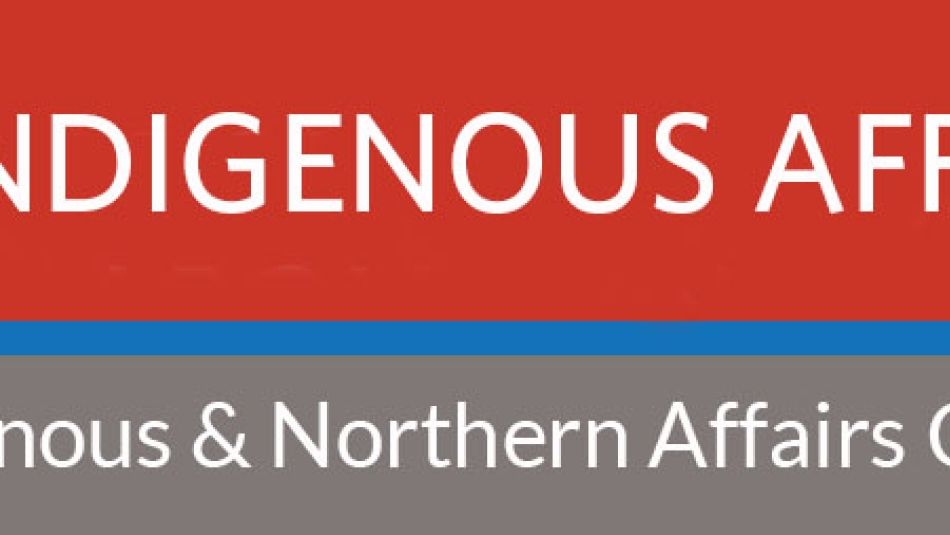
Unifor represents 310,000 workers across Canada in 20 economic sectors. Unifor members are concentrated in key sectors of the economy affecting First Nations, Inuit and Metis peoples. Unifor is a strong union in important industries for Indigenous workers, including health care, gaming, hospitality, retail, forestry, fishing, mining and gas and oil.
Unifor has several local unions which are primarily made up of Indigenous workers. At Unifor Local 48-S at Areva - McLean Lake Saskatchewan uranium mine more than 50% of the workforce are Indigenous workers from Northern Saskatchewan. Unifor Local 7-O in Thunder Bay Ontario – Seven Sacred Gifts Ojibway (7-O) - is an Aboriginal composite local made up of the workplaces of Dilico Anishinabek Family Care, Anishinawbe Mushkiki Clinic and Nurse Practitioner Led Clinic NPLC.
Unifor has five regional and a national standing committees and many local union committees representing Aboriginal and Workers of Colour. The union has annual conferences, training and education programs for Aboriginal workers.
Unifor is proud of the strong role played by Aboriginal leaders in the union serving as elected regional officers and senior staff. Unifor has also linked its skilled trades program to solidarity with First Nations, including union-sponsored well water projects on reserves.
Unifor priorities
Unifor is deeply committed to justice for Canada’s First Nations, Inuit and Metis peoples and strongly supports the recommendations of the Truth and Reconciliation Commission.
As Canada’s largest resource sector union, Unifor members are directly affected by the implementation of the UN Declaration on the Rights of Indigenous Peoples and their right for free, prior and informed consent before major economic development projects affect their traditional territories.
Issues and policy recommendations
Truth and Reconciliation Commission
In August 2015 the Unifor Canadian Council voted unanimously to support all of the 94 recommendations of the Truth and Reconciliation Commission, and singled out these recommendations as particularly important:
• Adoption and implementation by all levels of government of the United Nations Declaration of the Rights of Indigenous Peoples as the framework for reconciliation.
• Immediate implementation of health care rights of aboriginal people as identified in international law, constitutional law and treaties.
• Mandatory requirement for age-appropriate curriculum for all Canadian K-12 students on residential schools, treaties and aboriginal peoples’ historical and contemporary contributions to Canada.
• Recognition by government and the corporate sector of the UN Declaration on Rights of Indigenous peoples, including meaningful consultation and obtaining the free, prior and informed consent of indigenous peoples before proceeding with economic development projects.
• Appointment of a national public inquiry into the causes of and remedies for the disproportionate victimization of Aboriginal women and girls.
Violence against Aboriginal women and girls
Since the foundation of Unifor in 2013, almost all major regional and national conferences of the union have featured speakers on the issue of violence against Aboriginal women and girls and the union has repeatedly supported the call for a public inquiry. Unifor applauds the commitment of the government to convene an inquiry and the current consultation with families and Aboriginal organizations. Unifor recommends:
• Government heed the strong call from Aboriginal women for time and financial resources to fully participate and to address systemic issues and remedies.
Drinking water infrastructure
Unifor also commends the government on early action such as the agreement with the Neskatanga First Nation in Ontario to deliver on its commitment to provide safe drinking water to all Aboriginal communities within 5 years. Unifor recommends:
• Government accelerate action and include a maximum number of water infrastructure projects in the 2016 budget.
Employment and economic equality
Unifor is committed to employment equity and stands ready to use its strength and capacity in collective bargaining to help achieve greater employment opportunity and economic equality for First Nations, Inuit and Metis workers. Unifor recommends:
• Government apply experience from labour market programs for Aboriginal workers to ensure that training and employment opportunities must be designed and implemented in a culturally appropriate manner, with a strong involvement of Aboriginal communities and workers.
To download a printable PDF of Unifor's priorities for indigenous affairs please click on the link below:


